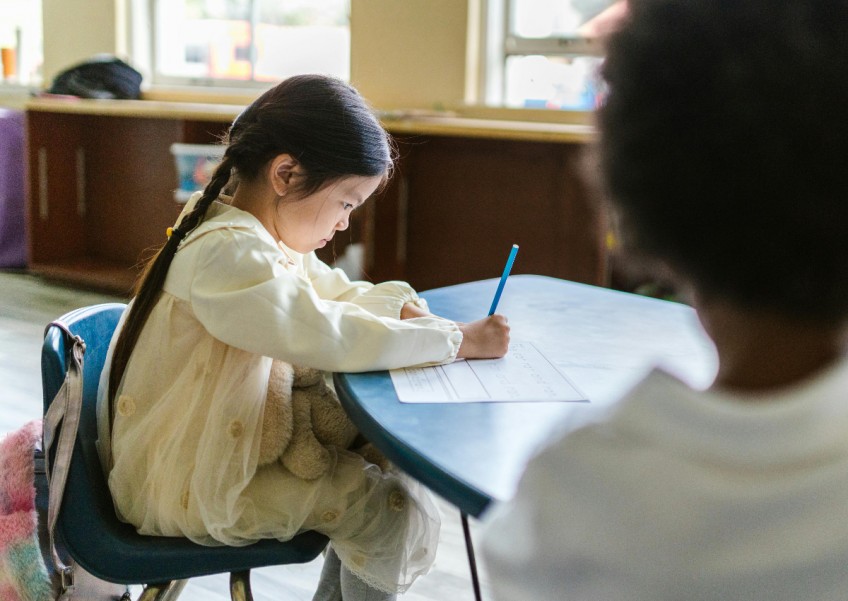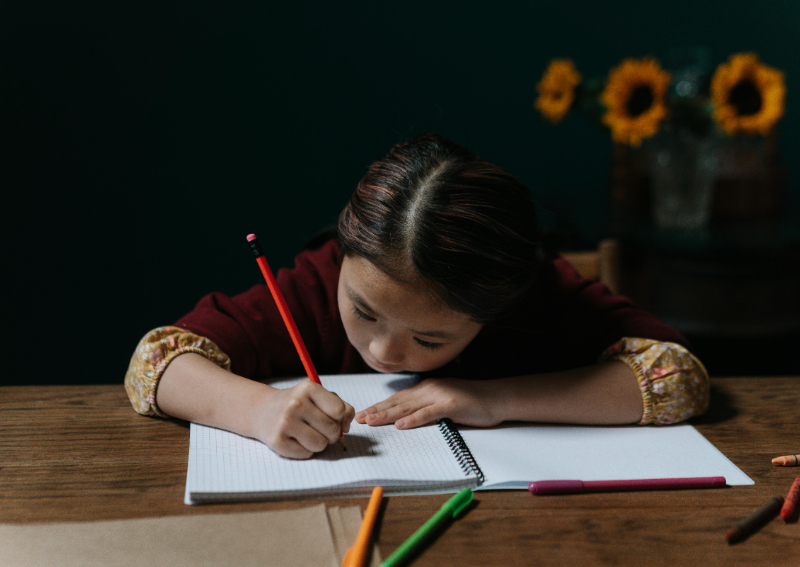Teacher troubles: A parent's comprehensive guide to resolving issues

As parents, we all want the best for our children, especially when it comes to their education. However, there may be times when our children encounter difficulties with their teachers, leading to stress and frustration for both the child and the parents.
In such situations, it's crucial to address the issues proactively and constructively. Here's a guide on what to do if your child is having problems with their teacher.

Communication is the key to resolving any issue. Initiate a conversation with your child to understand their perspective. Ask open-ended questions about their experiences in the classroom, paying attention to any specific incidents that may have triggered their discomfort. Encourage your child to express their feelings and concerns openly.
Once you've established a line of communication with your child, try to pinpoint the specific issues they are facing. Is it a problem with understanding the material, a communication breakdown, or a personality clash? Understanding the root cause will help you address the problem more effectively.
Arrange a meeting with your child's teacher to discuss the concerns. Approach the meeting with an open mind and a collaborative spirit. Share your child's perspective and ask the teacher for their insights. Sometimes, misunderstandings can be clarified through open dialogue.
During the meeting with the teacher, it's important to remain calm and diplomatic. Avoid being confrontational, as this can hinder productive communication. Instead, express your concerns in a respectful manner and focus on finding solutions that benefit your child's well-being and academic progress.

Work together with the teacher to find practical solutions to the issues at hand. This might involve additional support for your child, such as tutoring or extra resources, or it could be a matter of adjusting teaching methods to better suit your child's learning style. A collaborative approach fosters a positive environment for both your child and the teacher.
If the issues persist despite your efforts, it may be necessary to involve the school administration. Schedule a meeting with the principal or another relevant authority to discuss the ongoing problems. Provide documentation of your previous efforts to address the issues and seek their assistance in finding a resolution.
In some cases, seeking external support may be beneficial. This could involve consulting with a school counsellor or enlisting the help of an educational advocate. These professionals can provide additional insights and guidance on how to navigate complex teacher-student relationships.
Teaching your child resilience and coping skills is essential for their overall well-being. Help them understand that facing challenges with teachers is a part of life, and equip them with strategies to cope with stress and adversity. Encourage a growth mindset, emphasizing that setbacks can be opportunities for learning and personal development.
Addressing teacher troubles requires a combination of open communication, collaboration, and a proactive approach.
By working together with your child, their teacher, and school administration, you can create a supportive environment that fosters both academic and personal growth. Remember, your involvement and advocacy play a crucial role in ensuring your child's educational experience is positive and enriching.
ALSO READ: Does homeschooling affect your child's social skills?
This article was first published in theAsianparent.